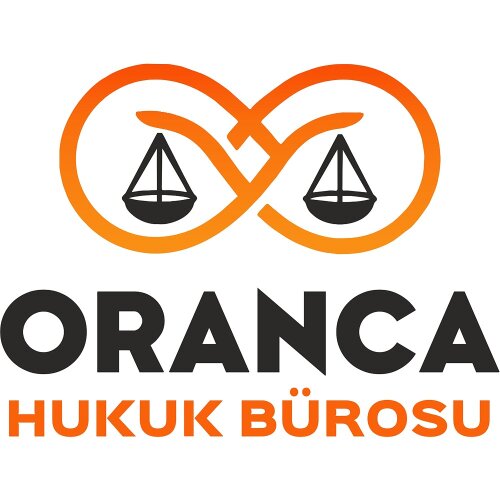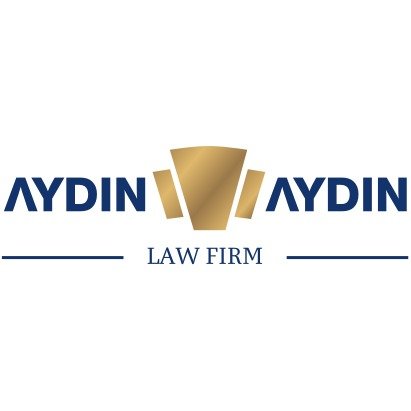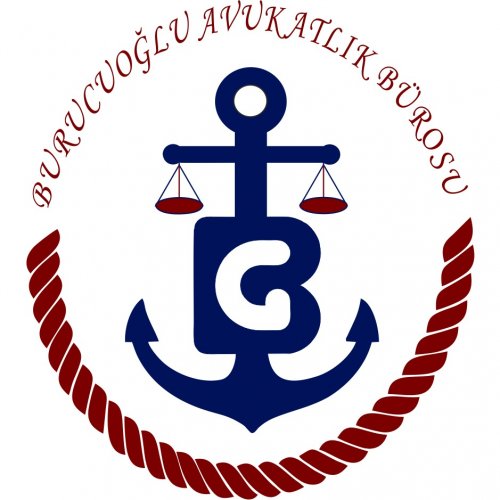Best Structured Finance Lawyers in Izmir
Share your needs with us, get contacted by law firms.
Free. Takes 2 min.
List of the best lawyers in Izmir, Turkey
About Structured Finance Law in Izmir, Turkey
Structured finance in Izmir, Turkey is a specialized area of law that deals with the creation and management of complex financial instruments and transactions. These transactions often involve large sums, multiple parties, and sophisticated risk management structures. They are commonly used in project finance, real estate development, mergers and acquisitions, and corporate financing. The legal landscape in Izmir reflects both international practices and Turkish domestic regulations, ensuring that structured finance deals align with local laws and financial regulations.
Why You May Need a Lawyer
Legal expertise is crucial for those involved in structured finance due to the intricate and high-value nature of these transactions. You may need a lawyer for tasks such as negotiating and drafting contracts, ensuring regulatory compliance, performing due diligence, resolving disputes, structuring or restructuring loans, managing securitization transactions, or handling cross-border transactions. In Izmir, where local customs and national regulations intersect, having a lawyer who understands both Turkish law and international standards can help protect your interests and minimize risks.
Local Laws Overview
Structured finance transactions in Izmir are subject to various Turkish laws and regulations, most notably the Turkish Commercial Code, the Capital Markets Law, Banking Law, and regulations issued by the Capital Markets Board of Turkey (SPK). These provide the framework for asset-backed securities, project finance, securitizations, and other structured products. The Central Bank of the Republic of Turkey and the Banking Regulation and Supervision Agency also play key roles in overseeing and approving certain types of transactions. Compliance with these laws is essential for ensuring the validity and enforceability of structured finance agreements within Turkey.
Frequently Asked Questions
What is structured finance?
Structured finance refers to complex financial transactions that involve custom-tailored financial instruments designed to meet specific funding or risk management needs. Examples include securitizations, asset-backed securities, and syndicated loans.
What types of transactions are covered under structured finance in Izmir?
Common transactions include project financing, mortgage-backed securities, leasing arrangements, syndicated lending, and other asset-based lending solutions.
Which authorities regulate structured finance in Turkey?
The main regulators are the Capital Markets Board of Turkey (SPK), the Banking Regulation and Supervision Agency (BDDK), and the Central Bank of the Republic of Turkey (TCMB).
Are there any tax implications for structured finance in Izmir?
Yes, structured finance transactions may have specific tax consequences, including value-added tax (VAT), stamp duty, and withholding taxes, depending on the nature of the transaction. It is advisable to consult a lawyer or financial expert in advance.
Do foreign investors face restrictions in structured finance transactions?
Foreign investors are generally allowed to participate, but certain sectors and financial products may be subject to approval or notification requirements. Local regulations and bilateral treaties may also apply.
Is it necessary to have documentation in Turkish?
Contracts and related legal documentation for structured finance transactions are recommended to be in Turkish for enforceability. Official documents filed with authorities must be in Turkish or accompanied by an official translation.
How are disputes resolved in structured finance cases?
Disputes may be resolved through Turkish courts or alternative dispute resolution methods such as arbitration, depending on the contract terms. The enforcement of foreign judgments or arbitral awards is possible under Turkish law, subject to certain conditions.
What due diligence is required for structured finance deals?
Due diligence typically includes assessment of the underlying assets, an analysis of counterparties and legal risks, regulatory compliance checks, tax review, and confirmation of ownership and encumbrances.
How long does it take to complete a structured finance transaction in Izmir?
The timeline depends on the complexity of the deal, parties involved, regulatory approvals needed, and due diligence findings. Standard transactions can take several weeks, while more complex deals may require several months.
Can existing loans be restructured using structured finance techniques?
Yes, loans can be restructured using various structured finance methods such as securitization, refinancing, or creating new security structures, subject to creditor consent and regulatory compliance.
Additional Resources
If you seek further information or assistance on structured finance law in Izmir, consider reaching out to the following organizations:
- Capital Markets Board of Turkey (SPK)
- Banking Regulation and Supervision Agency (BDDK)
- Izmir Bar Association
- Prime Ministry Investment Support and Promotion Agency of Turkey (ISPAT)
- Local chambers of commerce and international law firms with offices in Izmir
Next Steps
If you require legal assistance regarding structured finance in Izmir, it is important to:
- Identify your specific needs and the type of transaction you are pursuing
- Gather all relevant documentation and information related to your case or project
- Consult with a qualified lawyer or law firm experienced in structured finance and Turkish financial regulations
- Discuss your goals, potential risks, and timeline with your legal advisor
- Ensure clear communication with all parties involved in the transaction
An experienced lawyer can help you navigate complex regulations, avoid costly mistakes, and ensure your structured finance transaction is completed smoothly and securely in compliance with Turkish law.
Lawzana helps you find the best lawyers and law firms in Izmir through a curated and pre-screened list of qualified legal professionals. Our platform offers rankings and detailed profiles of attorneys and law firms, allowing you to compare based on practice areas, including Structured Finance, experience, and client feedback.
Each profile includes a description of the firm's areas of practice, client reviews, team members and partners, year of establishment, spoken languages, office locations, contact information, social media presence, and any published articles or resources. Most firms on our platform speak English and are experienced in both local and international legal matters.
Get a quote from top-rated law firms in Izmir, Turkey — quickly, securely, and without unnecessary hassle.
Disclaimer:
The information provided on this page is for general informational purposes only and does not constitute legal advice. While we strive to ensure the accuracy and relevance of the content, legal information may change over time, and interpretations of the law can vary. You should always consult with a qualified legal professional for advice specific to your situation.
We disclaim all liability for actions taken or not taken based on the content of this page. If you believe any information is incorrect or outdated, please contact us, and we will review and update it where appropriate.















